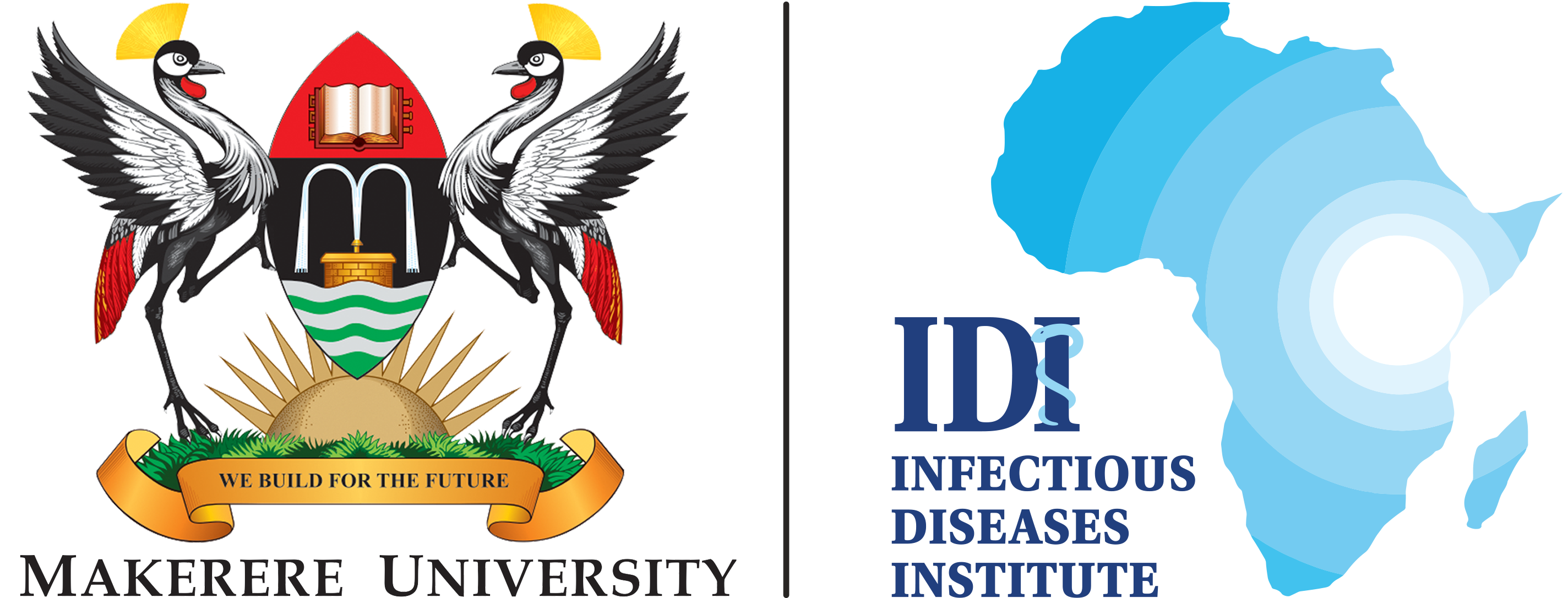- Associated Links
-
-
Our united network of partners and institutions share a vision for excellence, innovation, and impact. Together, we harness our combined strengths to create meaningful change.
-
-
-
- Careers
-
-
Our people are our greatest asset. We foster a thriving environment where everyone can flourish and make a difference. Join us in driving innovation and positive change through fulfilling career opportunities.
-
-
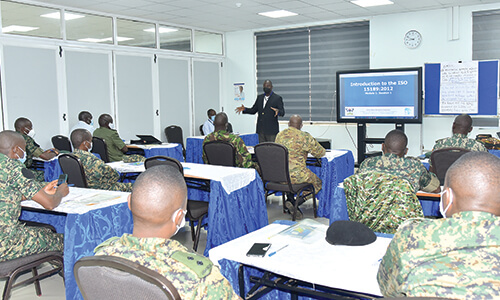
DHAPP
The Department of Defense HIV/AIDS Prevention Program (DHAPP) is a critical initiative aimed at combating the HIV/AIDS epidemic, particularly within military populations in various countries. This program operates under the broader framework of the President's Emergency Plan for AIDS Relief (PEPFAR) and focuses on saving lives by preventing new HIV infections and accelerating efforts toward epidemic control in military settings.
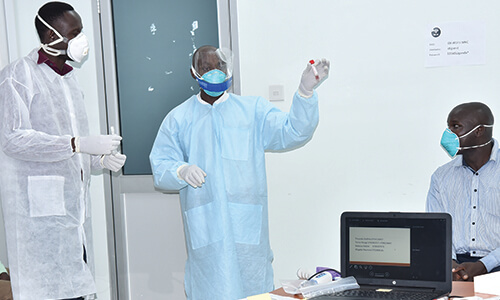
ANC/ICCM/COVID-19
The ANC/ICCM/COVID-19 Sero-prevalence study, funded by the US CDC, aimed to enhance Infection Prevention and Control among VHTs in Moyo and Adjumani districts from 2020-2021. Key achievements included training VHTs, providing essential supplies, and ensuring safe community case management during the COVID-19 pandemic.
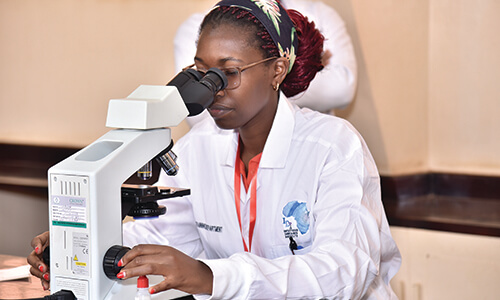
MAPD
The USAID Malaria Action Program for Districts (MAPD), funded by USAID/Uganda, operated in 53 districts from 2016 to 2021. Focused on reducing malaria morbidity and mortality, especially among women and children, MAPD achieved a significant decline in malaria prevalence from 19% in 2016 to 9% in 2021.
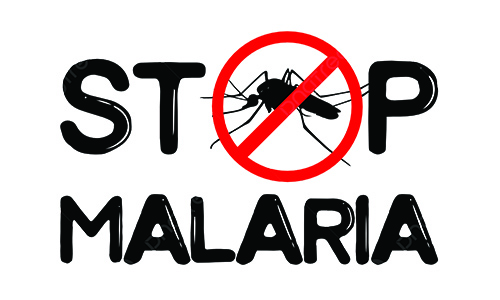
Stop Malaria Project
The Stop Malaria Project, funded by USAID/President’s Malaria Initiative, operated in 34 districts across Uganda from 2008 to 2014. Implemented by IDI and partners, it aimed to enhance malaria diagnosis and treatment, achieving a 93% accuracy rate in blood slide readings and training 1,824 laboratory staff.
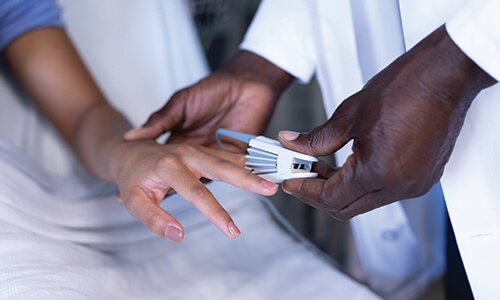
JUMP
The Joint Uganda Malaria Training Program (JUMP), funded by ExxonMobil/Accordia, aimed to enhance malaria training across Rukungiri, Arua, Nebbi, and Kasese. Key achievements included revising the curriculum, training 30 Master Malaria Trainers, and supporting 151 health workers in implementing improved malaria practices.
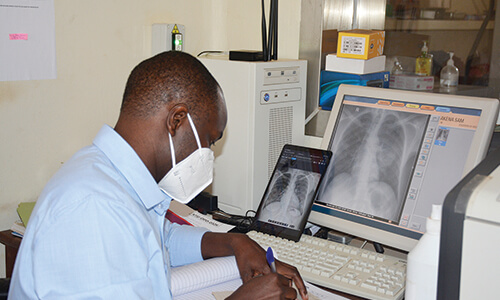
Becton/ACCORDIA Scholarship
The Becton Dickinson (BD) Scholarship Fund, funded by Becton Dickinson and ACCORDIA, aimed to enhance laboratory training in Uganda and Africa. Key achievements included developing three curricula, training over 300 trainees, and providing support to the BD-PEPFAR program, the Ministry of Health, and the US CDC.

